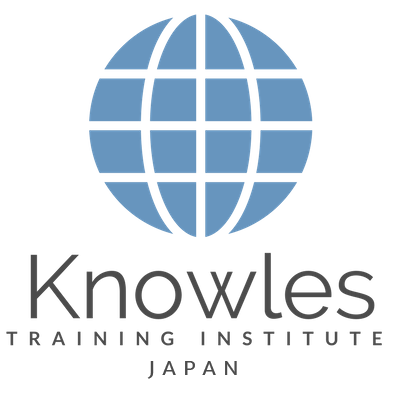Basic Bookkeeping Lunch Talk in Japan
In the intricate world of Japanese business, having a solid grasp of basic bookkeeping principles is essential for maintaining financial health and making informed decisions. Join us for an enlightening lunch talk where we’ll unravel the mysteries of basic bookkeeping and provide practical insights into managing finances effectively within the unique cultural context of Japan. In this interactive session, we’ll demystify accounting terminology, explore essential bookkeeping practices, and empower you with the knowledge and skills needed to navigate financial matters with confidence.
Against the backdrop of Japan’s rich cultural heritage and emphasis on precision and accuracy, the importance of basic bookkeeping cannot be overstated. Through insightful discussions and real-world examples, we’ll guide attendees through the fundamentals of bookkeeping, including recording transactions, preparing financial statements, and understanding key financial metrics. Join us as we embark on a journey of financial literacy and empowerment, equipping you with the tools to make informed financial decisions and drive success in your business endeavors.
Talk Objectives:
- Understanding Bookkeeping Fundamentals: Ensure attendees have a clear understanding of the basic principles and concepts of bookkeeping, including the accounting equation, double-entry system, and principles of recording transactions. This objective aims to lay the foundation for attendees to comprehend more advanced bookkeeping practices.
- Navigating Japanese Accounting Standards: Explore the unique aspects of Japanese accounting standards and regulations, including the use of specific terminology and the format of financial statements. This objective aims to familiarize attendees with the Japanese accounting framework to ensure compliance and accurate financial reporting.
- Mastering Bookkeeping Software: Provide practical guidance on using bookkeeping software commonly used in Japan, such as Zaim, Freee, or Money Forward. This objective involves hands-on demonstrations and tutorials to help attendees navigate software interfaces, record transactions, and generate financial reports efficiently.
- Recording Transactions Accurately: Teach attendees how to accurately record various types of financial transactions, including sales, purchases, expenses, and payments. This objective involves explaining the importance of maintaining detailed records and following proper documentation procedures.
- Preparing Financial Statements: Guide attendees through the process of preparing basic financial statements, including the balance sheet, income statement, and cash flow statement. This objective aims to help attendees understand the purpose of each financial statement and interpret the information they convey.
- Interpreting Key Financial Metrics: Introduce attendees to key financial metrics and ratios used to assess the financial health and performance of a business, such as liquidity ratios, profitability ratios, and solvency ratios. This objective involves explaining how to calculate and interpret these metrics to make informed business decisions.
- Budgeting and Forecasting: Discuss the importance of budgeting and forecasting in financial planning and decision-making. This objective aims to provide attendees with practical strategies for creating budgets, monitoring performance against budgeted targets, and forecasting future financial outcomes.
- Managing Cash Flow: Explore techniques for managing cash flow effectively, including cash flow forecasting, monitoring cash inflows and outflows, and implementing cash flow management strategies. This objective involves identifying common cash flow challenges and providing solutions to mitigate cash flow problems.
- Ensuring Compliance and Accuracy: Stress the importance of compliance with accounting regulations and accuracy in bookkeeping practices to avoid legal and financial repercussions. This objective involves highlighting common errors and pitfalls in bookkeeping and providing tips for ensuring accuracy and compliance.
- Empowering Financial Decision-Making: Empower attendees to use bookkeeping information to make informed financial decisions that drive business success. This objective aims to bridge the gap between bookkeeping and business strategy, helping attendees understand how financial data can be used to identify opportunities, mitigate risks, and achieve financial goals.
In conclusion, mastering basic bookkeeping skills is crucial for navigating the financial landscape of Japanese business with confidence and accuracy. Take the first step towards financial literacy and empowerment by signing up for our Basic Bookkeeping lunch talk. Join us to unlock the secrets of effective bookkeeping, gain practical insights into managing finances, and empower yourself to make informed financial decisions that drive success in your business endeavors.
Don’t miss out on this opportunity to invest in your financial education and take control of your financial future. Reserve your spot today and embark on a journey of financial empowerment. We look forward to welcoming you to our lunch talk and equipping you with the tools and knowledge needed to thrive in the world of Japanese business.
More Information:
Duration: 60 minutes
Fees: $1899.97 USD 991.50
For more information please contact us at: contact@knowlesti.co.jp
If you would like to register for this talk, fill out the registration form below.

